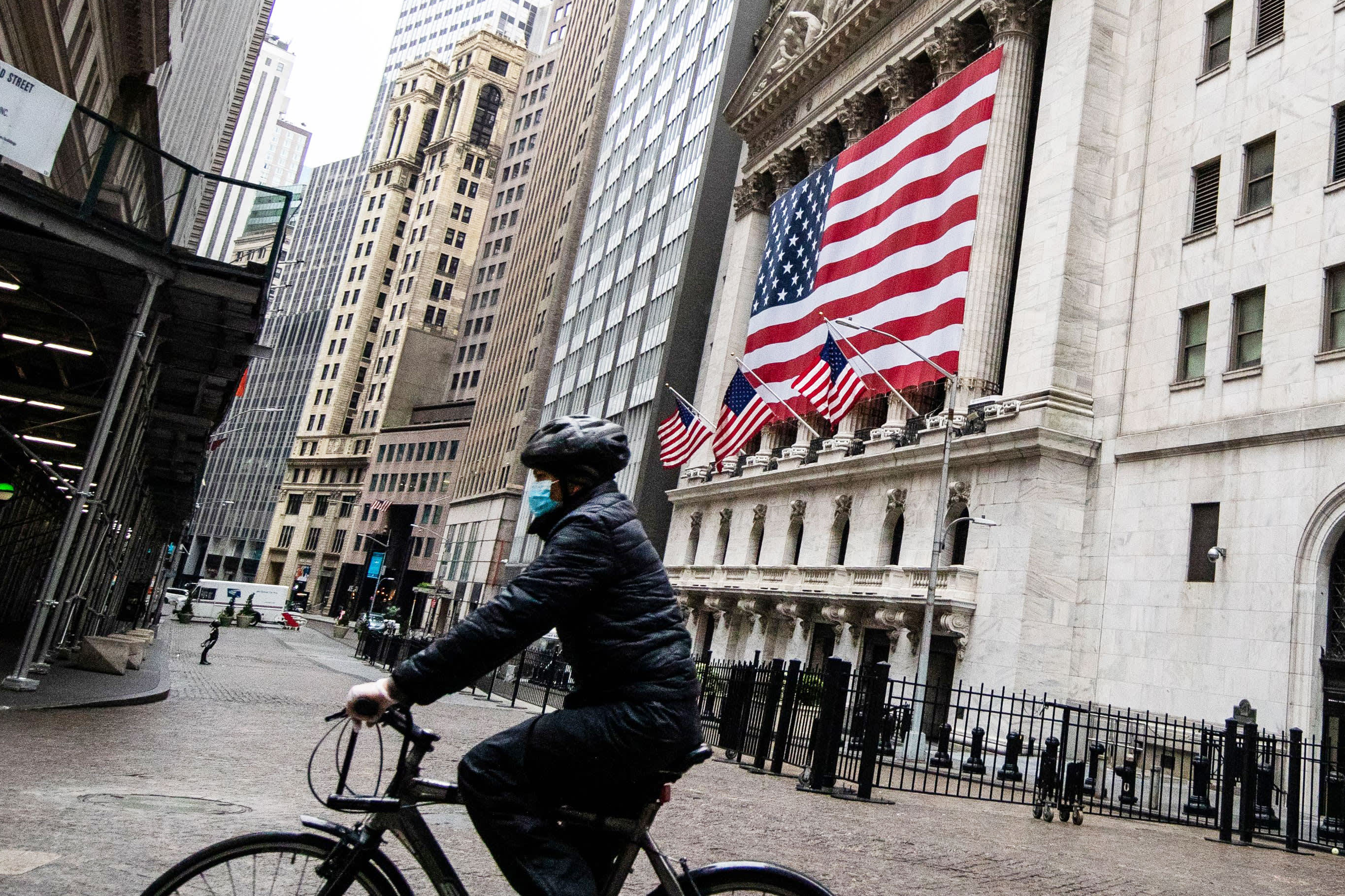This post was originally published on this site

U.S. banking regulators are about to ease restrictions created in the aftermath of the financial crisis, a development that sent bank stocks surging Thursday.
Officials from the Federal Deposit Insurance Commission said on a call that they are loosening the restrictions from the so-called Volcker Rule, allowing banks to more easily make large investments into venture capital and similar funds. The companies will also be able avoid setting aside cash for derivatives trades between different units of the same firm, potentially freeing up billions of dollars in capital for the industry.
Shares of big banks including JPMorgan and Morgan Stanley were trading more than 2% higher following the announcement, reversing declines in premarket trading.
The move is in line with the Trump administration’s broad push to roll back regulations put in place by previous leaders. While the banking industry has acknowledged the benefits of being required to hold more capital to cushion losses, lobbying groups and individuals including JPMorgan Chase CEO Jamie Dimon have criticized parts of the post-financial crisis regulatory regime as being overly restrictive or redundant.
The Volcker Rule, part of the 2010 Dodd-Frank Act meant to prevent another financial crisis caused in part by irresponsible risk-taking at banks, was designed to prevent banks from acting like hedge funds. The general principle is that they are allowed to facilitate trades for clients, but not allowed to strap on risk for big proprietary bets.
But the rule, named after its proponent, the former Federal Reserve Chairman Paul Volcker, also barred banks from making potentially speculative investments using customers’ FDIC-insured deposits. That included venture capital funds, although lawmakers have said that the VC industry may have been unfairly grouped in along with hedge funds and private equity.
The change, which was floated earlier this year, will allow banks to invest more of their own capital in venture capital funds that invest in start-ups and small businesses alongside clients.
The FDIC and the Office of the Comptroller of the Currency are set to vote on the rule changes, and the Federal Reserve must also sign off on it, according to Bloomberg, which reported on the move.
—With reporting from CNBC’s Wilfred Frost.
This is a developing story. Check back for updates.
Subscribe to CNBC PRO for exclusive insights and analysis, and live business day programming from around the world.



